Thursday 18th June 2020 was a special day in the high echelons of the Kenyan State after the country won a seat at the United Nations Security Council (UNSC) by beating Djibouti 129 – 62. Many Kenyans who are more accustomed to local Kieleweke vs. Tangatanga politics were caught by surprise by this sudden International news. They therefore wondered what was in for Kenya? How would the seat add value to their lives. Some were even skeptical of the benefits and likened the new position to that of a flower girl – only accompanying the Permanent Members of the organ who are perceived to be the real decision makers in the council. These recent happenings have called for answers on the general aspects of the UNSC which is what this piece is all about.
Functions on the UNSC
The United Nations Security Council is one of the six principal organs of the United Nations, charged with ensuring international peace and security, recommending the admission of new UN members to the General Assembly, and approving any changes to the UN Charter. It is the most powerful organ and it’s most prominent of these roles is determining the existence of any threat to the peace, breach of the peace or act of aggression. This may occur within a state or between states. Other potential threats to international peace and security include terrorist acts, the proliferation of weapons of mass destruction and the proliferation and illicit trafficking of small arms and light weapons.
Measures adoptable by the UNSC
In the event that a dispute leads to hostilities, the UNSC may immediately issue ceasefire directives that can help prevent an escalation of the conflict or dispatch military observers or a peacekeeping force to help reduce tensions, separate opposing forces and establish a calm in which peaceful settlements may be sought. In addition to those, the UNSC may also apply economic sanctions, arms embargoes, financial penalties and restrictions, travel bans, severance of diplomatic relations, blockades or even collective military action.
Having understood what the UNSC does, the next issue is what its composition is. The UNSC is composed of 5 permanent members namely China, Russia, USA, United Kingdom and France. It also has 10 non-permanent members shared between five African and Asian States, one for Eastern European States two for the Latin American and Caribbean States and two for Western European and other States. Each year the General Assembly elects five non-permanent members (out of 10 in total) for a two-year term which commences on 1st January of the following year.
In addition to the 5 Permanent Members, the current members are Belgium, Dominican Republic, Estonia, Germany, Indonesia, Niger, Saint Vincent and the Grenadines, South Africa, Tunisia and Viet-Nam. The newly elected ones namely Mexico, India, Norway, Ireland and Kenya will commence their membership from January 2021.
Unlike the General Assembly, the UNSC meets year-round. Each Security Council member must have a representative available at UN Headquarters at all times in case an emergency meeting becomes necessary. However, the Head of State or Government or the Minister in Charge of Foreign relations of a state can attend meetings. Any other person must have credentials submitted to the UN Secretary General at least 24 hours to a meeting. The meetings are usually chaired by a President who occupies the seat in a rotational manner for a month.
The UNSC Council generally meets in a designated chamber in the United Nations Conference Building in New York City. It has also in the past held meetings outside the US in cities including Nairobi; Addis Ababa, Panama City and Geneva. Meetings are held
The Kenya Campaign
The African Group seat was contested between Kenya and Djibouti. The seat traditionally rotates between different African sub-regions, with a single candidate agreed within the appropriate sub-region and is therefore rarely contested. East Africa was due to be represented in this election, and the Permanent Representatives’ Committee of the African Union endorsed Kenya for the seat by a margin of 37–13. Djibouti challenged this result, emphasizing that Kenya had already served twice on the Security Council. Kenya has served twice previously as a member of the Council – in 1973-74 as well as in the 1997-98 period. Djibout also alleged that it was unfairly dismissed simply because the other 2 African countries already on the Security Council were also Francophone.
Kenya was considered to be the favorite due to its support from the African Union, but Djibouti received backing from the Organization for Islamic Cooperation, Arab League, and Organisation internationale de la Francophonie. Djibouti criticized Kenya for its border dispute with Somalia, suggesting that it was therefore unfit to resolve disputes and handle matters of international security. While both candidates claimed to have Chinese support, China eventually voted in favour of Djibouti. Other notable votes against Kenya were that of its Neigbours Tanzania and Ethiopia.
The first round of voting for the African seat resulted in neither candidate receiving a two-thirds majority, prompting a second round to be scheduled for the next day. In the second round of voting, Kenya exceeded a two-thirds majority by just a single vote.
What’s in for Kenya as an UNSC Member.
Having a seat at the table is not only a prestigious thing but also serves to procure benefits for a member. Having a vote, even a non-veto vote gives a country a bit of power which is an important factor in foreign relations.
Kenya will now have a direct line of input on how a particular resolution/response is formed. It also gains a little bit of leverage to extract outside concessions that they might not otherwise get. In the past, it has been asserted that a member is able to extract extracting foreign aid and favourable loan conditions from institutions such as the IMF.
All in all, the position gives the Country prominence and though the benefits may not be directly felt at the grassroots in the country, they are nonetheless worthwhile in placing the country in a prominent position in world affairs.



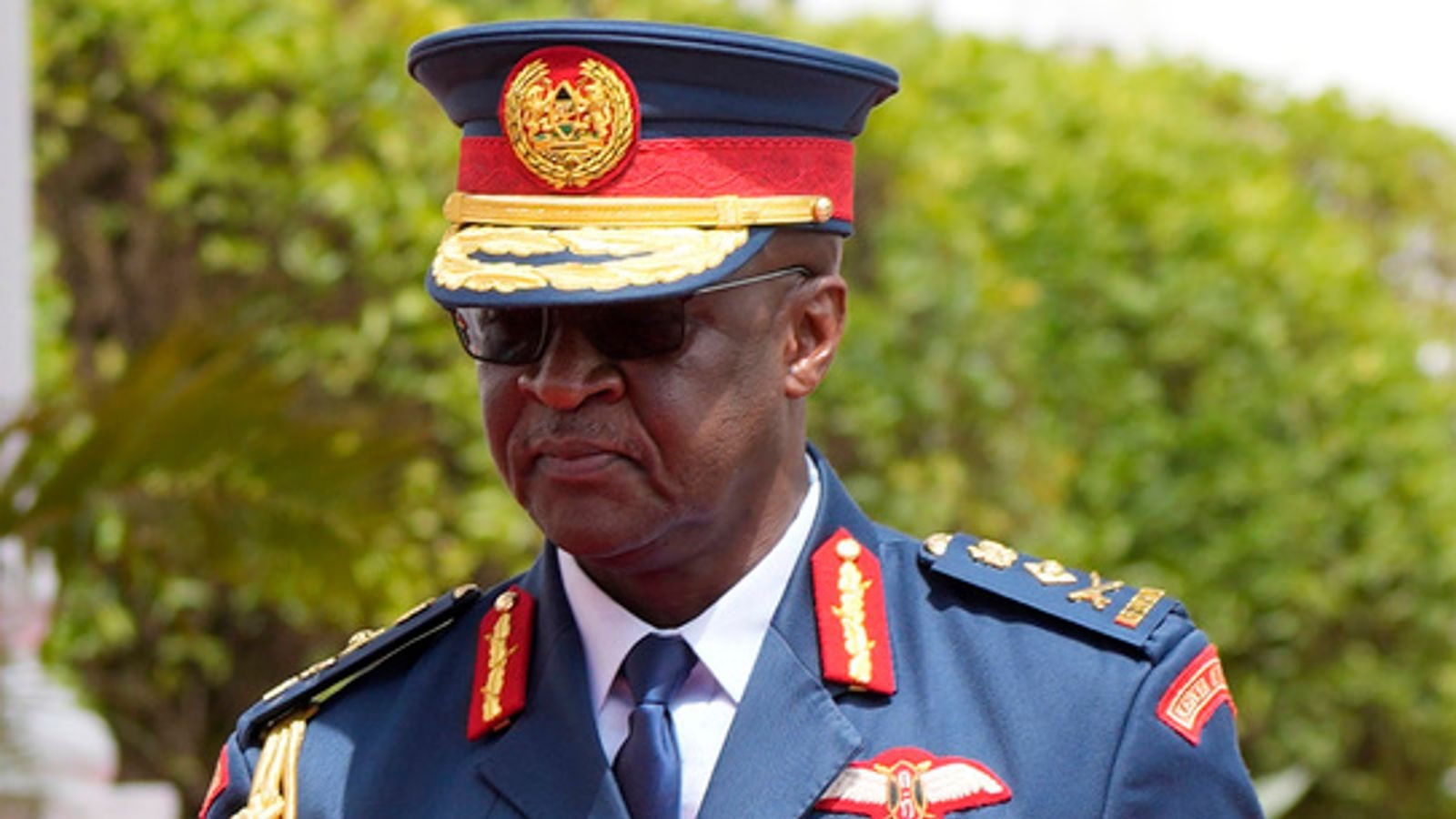

 Echoes of War: Butere Girls’ Bold Stand for Artistic Freedom in Kenya
Echoes of War: Butere Girls’ Bold Stand for Artistic Freedom in Kenya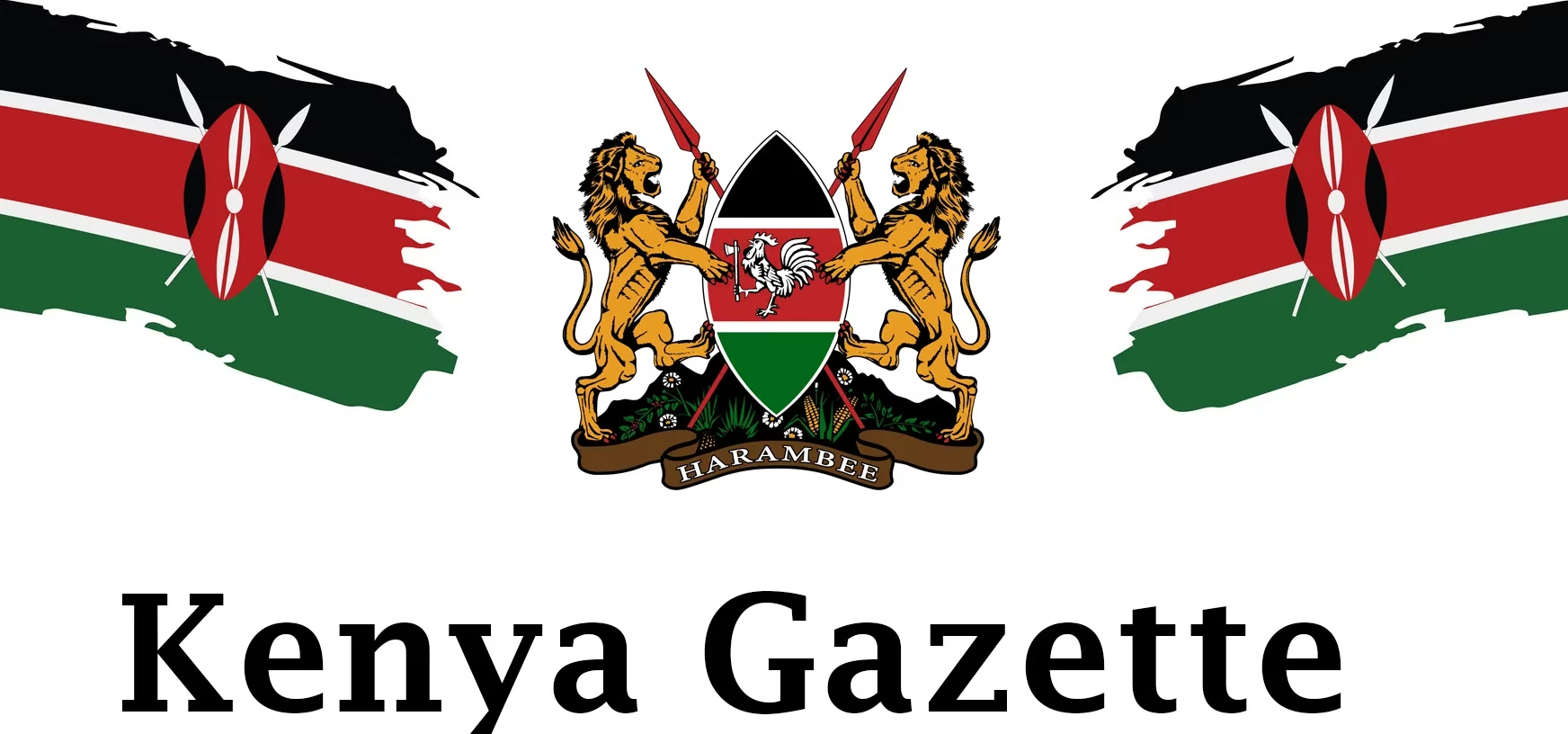
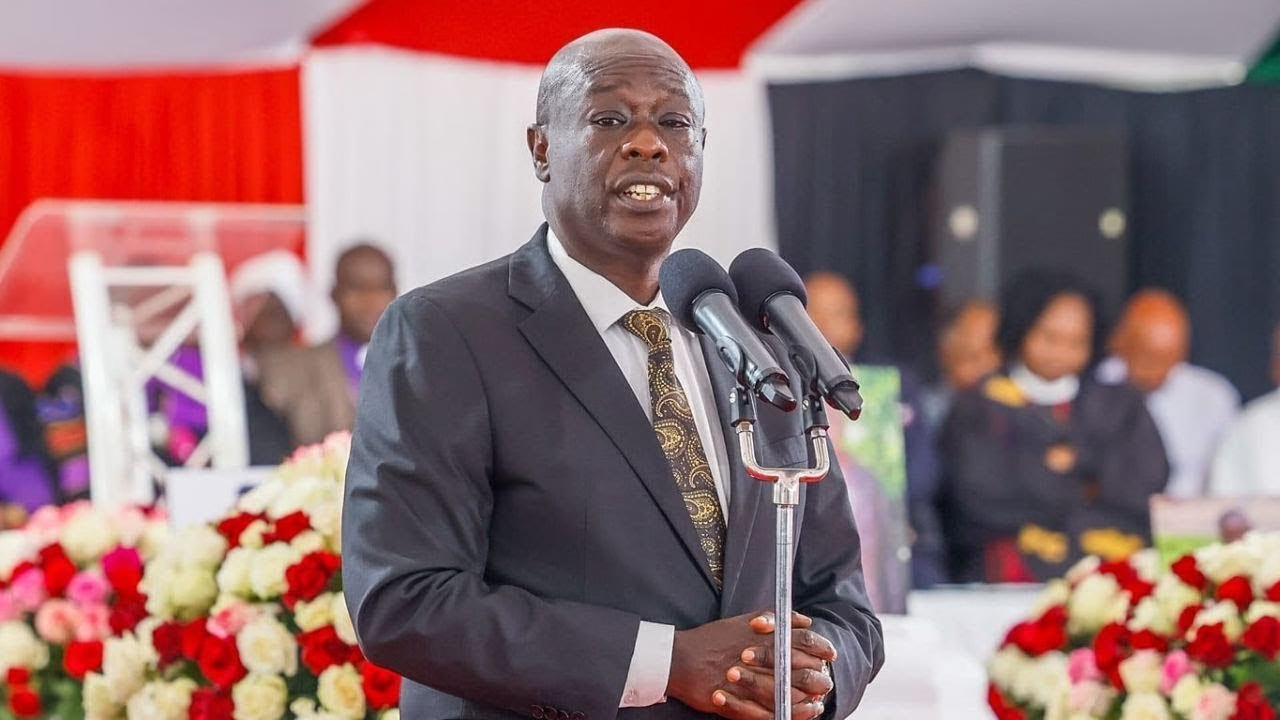
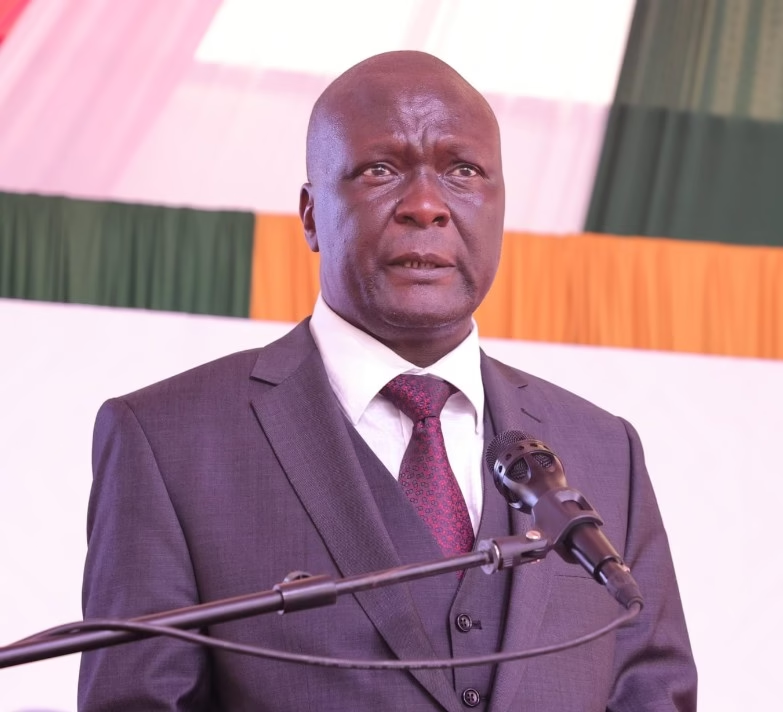
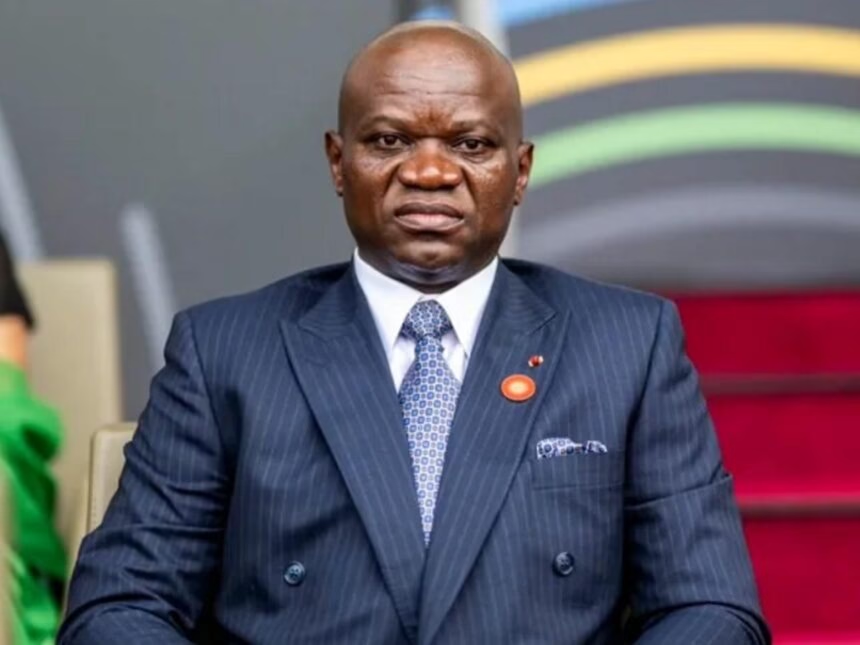
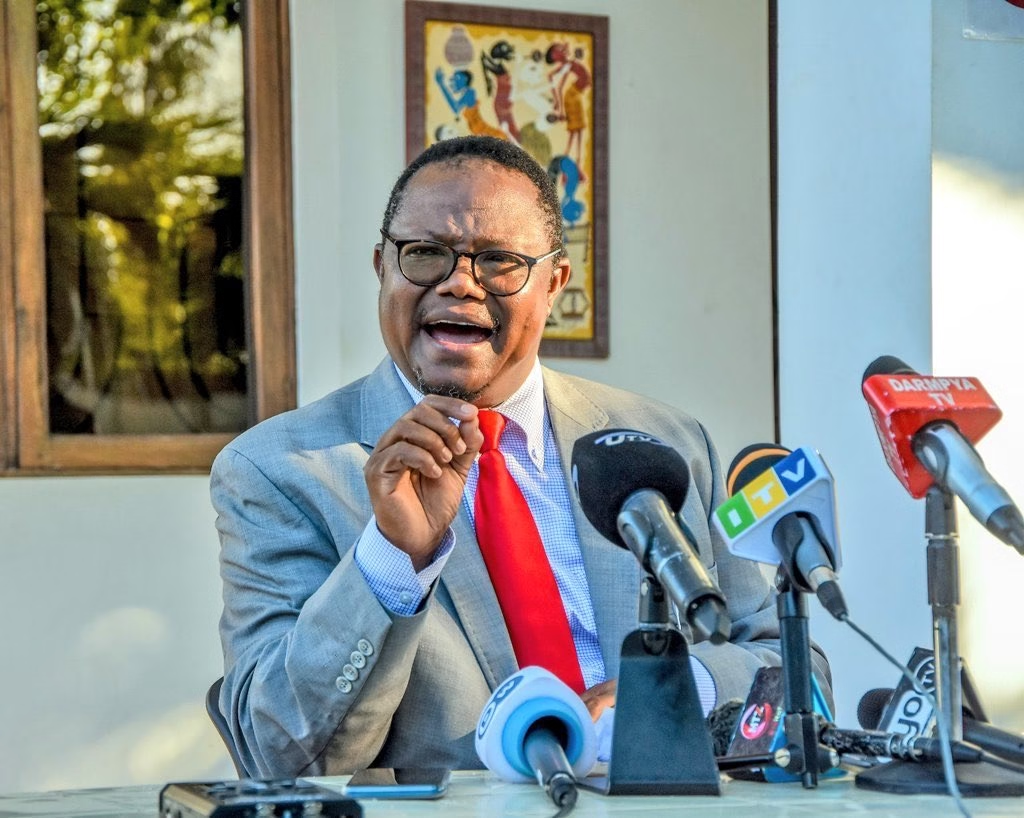
Leave a Reply